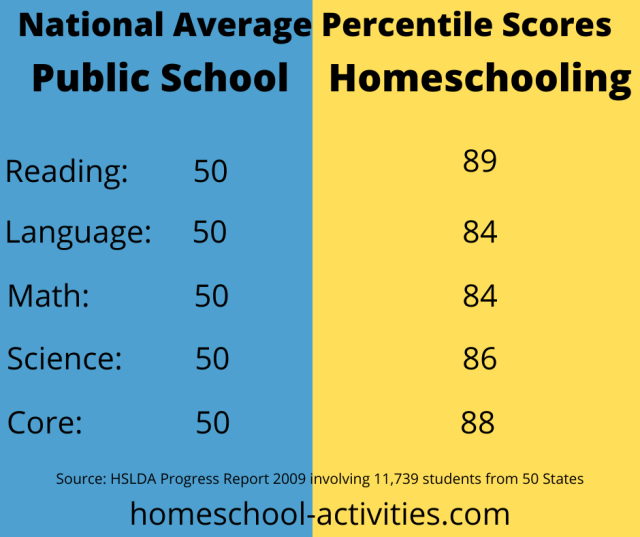Introduction:
At Elimuhub Education Consultants, we’ve observed a growing interest in alternative education models within Kenya. One such model, homeschooling, is sparking conversations and raising important questions. While the legal landscape remains somewhat hazy, the desire for personalized, flexible learning is undeniable. Let’s delve into the current trends and considerations surrounding homeschooling in Kenya.
The Legal Landscape: A Gray Area
Kenya’s Basic Education Act (No. 14 of 2013) doesn’t explicitly address homeschooling, leading to varied interpretations. This ambiguity creates both challenges and potential opportunities.
- Key takeaway: Families considering homeschooling must be prepared to navigate this legal uncertainty.
- Elimuhub’s Advice: We recommend seeking legal counsel to understand your rights and responsibilities.
The Driving Forces Behind Homeschooling’s Rise:
Several factors are fueling the growing interest in homeschooling:
Personalized Learning: Parents seek tailored education that caters to their child’s unique needs and learning styles.
Quality Concerns: Dissatisfaction with the perceived quality of traditional schooling is a significant motivator.
Values and Beliefs: Religious, philosophical, or cultural values drive some families towards homeschooling.
Flexibility: Homeschooling offers greater flexibility in scheduling and location.
Individualized Pacing: Homeschooling facilitates learning at a pace that is appropriate for the individual child.
Curriculum Diversity and Resources:
Homeschooling families utilize a wide range of curricula:
- International curricula (e.g., Cambridge, American)
- Self-designed curricula tailored to specific interests
- Blended learning approaches that combine online and offline resources.
- Elimuhub’s Expertise: We can assist families in selecting and adapting curricula to meet their child’s needs.
Socioeconomic Considerations:
Research indicates that homeschooling families often possess higher levels of education and socioeconomic status. This highlights the need for greater accessibility and support for families from diverse backgrounds.
- Elimuhub’s Vision: We are committed to promoting equitable access to quality education, including alternative models.
Building a Homeschooling Community:
The emergence of homeschooling communities, such as the East Africa Community of Homeschoolers, provides vital support and resources.
- Elimuhub’s Role: We aim to foster connections and facilitate knowledge sharing within the homeschooling community.
Areas for Further Exploration:
- The long-term impact of homeschooling on student outcomes.
- Strategies for ensuring quality and accountability in homeschooling.
- The integration of technology into homeschooling practices.
- How to help the Kenyan government create a clear legal framework.
Conclusion:
Homeschooling in Kenya presents both opportunities and challenges. At Elimuhub Education Consultants, we are committed to providing guidance and support to families exploring this educational pathway. We believe in empowering parents to make informed decisions that best serve their children’s needs.
Call to Action:
Are you considering homeschooling for your child? Elimuhub Education Consultants offers comprehensive tuition and homeschooling services tailored to your family’s unique needs. Contact us today to learn more about how we can support your homeschooling journey.
References:
- Basic Education Act (No. 14 of 2013), Kenya: Kenya Law - Basic Education Act No. 14 of 2013 PDF
- East Africa Community of Homeschoolers: (As of my last update, there is no widely established, easily found, official website for this organisation. You would need to use social media or other contact information if you have it)
- Various articles from The Standard News Paper relating to the education system:
- Academic journals such as the East African Journal of Education Studies:
- East African Journal of Education Studies (This is the general journal site. You’ll need to find specific articles relevant to homeschooling within it)
Disclaimer:
This blog post is for informational purposes only and does not constitute legal advice. Please consult with a legal professional for specific guidance.



